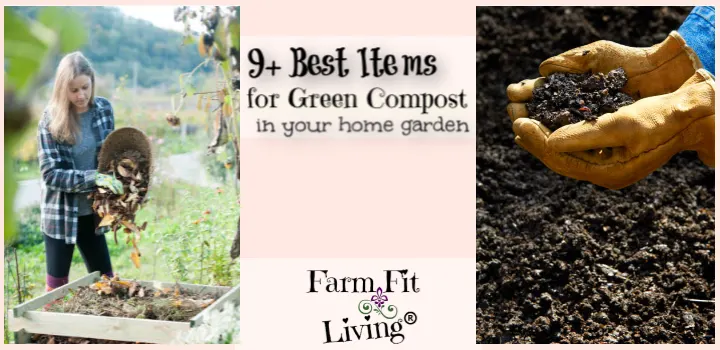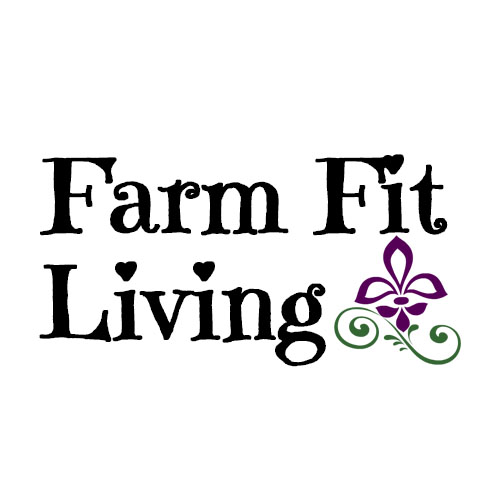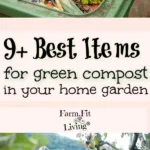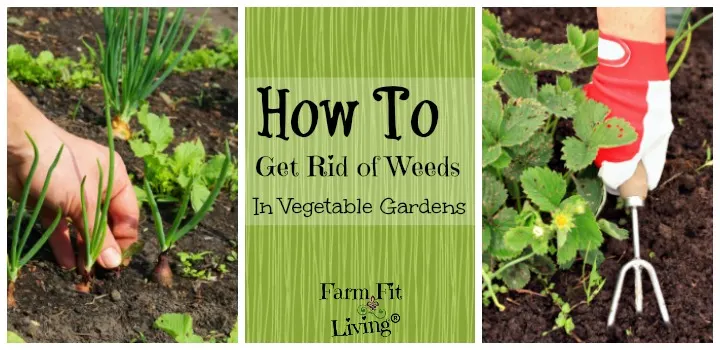What are best items for green compost? What does that even mean?
Did you know there are different types of compost? The other type is made up of brown materials. Together, the green and the brown make up a very valuable and usable product. This post is all about the best items for green materials.
The high nitrogen stuff that goes into the mixture you can add to your garden to build soil. The nice thing about green compost is that all the items I’m going to talk about are recyclable items that break down during the decomposition process and create a soil structure.
You might be asking: “What is compost?”
Well, to make it simple, finished compost is black gold. Compost is the right balance of small amounts of a Carbon to Nitrogen ratio along with water and air circulation. A successful compost pile breaks down all these materials and results in an amazing black fertile soil that you add to your garden. For best results, use dry material and add water as needed.
I have other posts all about the composting process. I also have a course called Garbage to Gold that dives DEEP into helping my students achieve success in composting. This post is simply for introducing GREEN materials that are compostable materials that you can add into your composting bin.
In this post, I will:
- Descriptions of the 9+ best items for green compost.
- Why you should learn to compost.
- An intro to the different types of compost you can use in your home vegetable garden.
This post contains Affiliate Links. This means if you click and buy, I might make a commission at no cost to you.
See my policy for more information
Non-Treated Grass Clippings
The first high nitrogen item for compost that is very common is grass clippings. They should ideally be non-treated if they will go into your compost.
To collect grass clippings for your compost, simply remove the catch from your lawn mower and release the clippings into your compost. Don’t have a catch? If you don’t have one, grab a rake or a pitch fork and scrape some up. You don’t need a ton of grass clippings. You want to just mix it in – you don’t want the nitrogen to be overpowered. The best and highest quality grass clippings come from the first mows of the season in late spring. It will be nice and bright green, perfect for your compost.
Yard Trimmings
Like grass clippings, yard waste is very easy to obtain. It just depends on what you have and what you can get.
Yard trimmings include bush trimmings or leaves from the trees. Also tree limbs make really good compost. You’ll just have to break it up for your pile or bin.
If you don’t have a yard or access to grass clippings, you can also use old house plants or other plant material. Understand that there’s lots of options for green materials that work well in compost. Sometimes you just have to think outside the box for other organic materials that would work well in the composting process.
Weeds from the Garden
Compost is a great place for weeds that you pull from your garden in the past. But you must keep a couple of things in mind before you put them into your bin and use them on your garden:
- The weeds should not have been sprayed, trying to kill them.
- They should not have gone to seed. Only put young weeds into your compost bin.
You don’t want to incorporate weed seeds into your compost. Compost will be prime fertile ground for those weed seeds and you’ll have problems with weeds in your compost. So, it’s really important to make sure the weeds haven’t gone to seed when you put them into your compost.
Fruit & Veggie Scraps
Who knew there would be a place for your fruit and veggie scraps? I’m talking about things like banana peels and skins that are raw. Take food scraps out to the compost bin and let them decompose there.
Cooked veggies won’t work because the composition has changed. It’s better to use raw if at all possible. Still, it won’t hurt anything to put the extra cooked veggies in there when the kids don’t eat them.
Also, avoid citrus fruits like lemons and grapefruit.
Kitchen Waste
More stuff from the kitchen that you can throw into your compost pile. Egg shells are really good. Also, tea bags, old bread, donuts, cookies, crackers, pizza crust, etc.
Grains, old spices and corn cobs and husks are also very good kitchen scraps that will break down well as green waste.
A few things not recommended to add to the compost from the kitchen is meat scraps with bones in it, dairy products (eww – stinky!), and grease/oil.
Flowers
When you receive flowers from your significant other or just because, there’s one thing for sure. Those flowers will die at some point. However, they can live on in your compost pile.
Ok, not really as living. But they will break down in your compost pile and make a great impact on it. What a great thing!
A general rule of thumb is to break down the flowers into smaller pieces to help them break down faster. Typically, the composting process takes a long time but if you add smaller pieces of compostable items, the process will be quicker.
Coffee Grounds
Attention, coffee drinkers: You must read this section! What are you doing with your coffee grounds and filters?
Did you know they can both go into your compost pile? Yes, they can be mixed in and they will break down very well.
Not a coffee drinker? No problem! Reach out to your local coffee shop to see if you could pick up their used coffee grounds. Explain to them that coffee grounds are compost materials and are great to use in a healthy compost pile as green material. The kind of coffee grounds doesn’t matter. Coffee is coffee.
Farm Animal Manure
There’s no other more natural types of composting than animal manure.
Some good manure to add in would be:
- Chicken manure
- Rabbit
- Goat/Sheep
- Horse
- Cow
Do not use human or pet waste. It’s just not recommended.
Human Hair
Do you or your family members have long hair that cloggs drains in your home? You can easily catch hair and throw it into your compost pile!
Healthy hair is full of nutrients and a high level of nitrogen, which is why it’s guaranteed a green compost item for home composting. It’s just not something many people think about even though it’s very accessible in a family of girls like mine.
A simple hair catcher for drains is very easy to accumulate hair for your compost bin.

Why You Should Learn To Compost
Because composting is a great way to reuse scraps and natural items to improve your garden soil. It’s nice to have a place for your garden waste or food waste to go. Vegetable scraps and lawn clippings make excellent natural materials for your compost heap. Converting your garden, fruit and vegetable waste to compost is something you can do to improve the environment.
Another reason is because it’s so easy to compile these green items together to create a great compost that can be used to improve garden and potting soil. Properly prepared compost is free from weed seeds and rich in the nutrients that plants need to thrive.
Everyone should learn to compost
Because it is a simple yet impactful way to reduce waste, improve soil health, and promote a more sustainable lifestyle. Here are some reasons why composting is beneficial:
- Reduces waste: Composting diverts organic waste from landfills, where it would otherwise generate methane, a potent greenhouse gas.
- Improves soil health: Compost enriches soil with essential nutrients, improves soil structure, and increases water retention, which benefits plant growth.
- Reduces the need for chemical fertilizers: Compost provides a natural alternative to chemical fertilizers, reducing the environmental impact of agriculture and gardening.
- Promotes biodiversity: Compost supports a diverse community of beneficial microorganisms and insects, which are essential for healthy soil and plants.
- Saves money: Composting reduces the need for store-bought fertilizers and soil conditioners, saving money in the long run.
- Educational value: Composting is a hands-on way to learn about decomposition, nutrient cycling, and the interconnectedness of living systems.
- Encourages sustainable practices: Composting is a simple step individuals can take to reduce their environmental footprint and promote a more sustainable way of life.
Overall, learning to compost is a valuable skill that can benefit both individuals and the environment. Again, check out my course Garbage to Gold for a Deep Dive Into the Process of Composting.
Do you have any other ideas for green compost? Check out the related posts below for more soil building and health content for your home garden.



